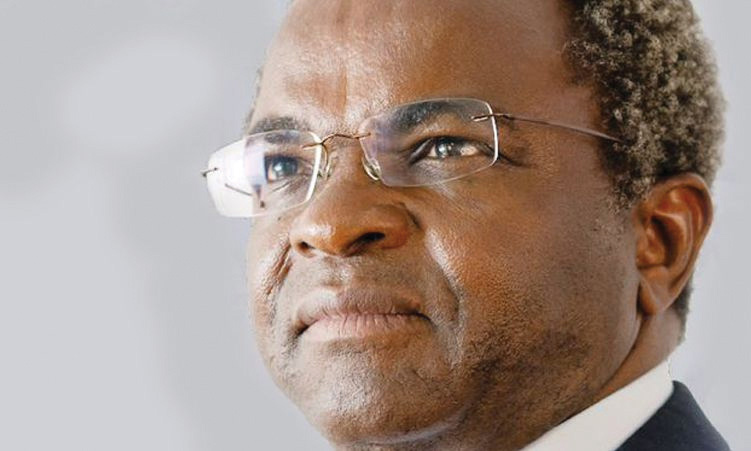THE Communications Bill in its current form could make it a criminal offence to do Internet banking and get onto social networking sites such as Facebook, Youtube and Twitter.
This is how Peter Gallert, Polytechnic IT lecturer, interprets Section 76 (2) b of the Communications Bill, which makes provision for outlawing encryption. Internet services such as Hotmail, Gmail, Skype, Ebay, Amazon, MSN messenger and anti-virus software also will not work without encryption. If you see the ‘lock’ icon at the bottom or top of a Web page, it will not be usable without encryption. Section 76 of the Communications Bill makes it illegal for people to sell or own equipment that may be used to prevent interception of data by the national intelligence service.Encryption is a me-thod of using mathematical techniques to hide data while it is sent between parties. Like a box with a lock, it prevents the contents of the box from being seen by anyone except the key holders.Gallert yesterday submitted the Polytechnic of Namibia’s School of IT’s comments to public hearings on the Communication Bill being held by a Parliamentary Standing Committee of the National Council. He said by criminalising encryption, large portions of the Internet and private computer networks would not operate in Namibia anymore.Virtual Private Networking offered by service providers to large companies relies heavily on encryption, as their traffic is routed over public network channels, he said. This could mean all secure sites or networks, such as Internet banking sites, would be rendered illegal because they cannot be intercepted. He said Section 76 (2) (b) includes all data encryption, including those necessary for legitimate transactions such as online banking, online shopping and general Internet business applications. Gallert said in terms of Section 76 (2) (a), the Minister of Information on recommendation by the Intelligence Director General may regulate equipment seen as being able to perform interceptions.This is not practical, he said, as all computers, cellphones and every programming language could be used for that purpose.’The fact that a knife can be used to stab a person cannot be sufficient reason to outlaw knives,’ he told the committee.He added that the bill is not clear on actions that are executed for educational purposes in private networks, stating that the Polytechnic’s degrees in computer networking must cover encryption techniques to be effective.
Stay informed with The Namibian – your source for credible journalism. Get in-depth reporting and opinions for
only N$85 a month. Invest in journalism, invest in democracy –
Subscribe Now!










